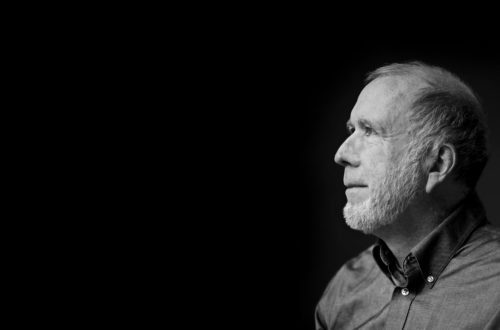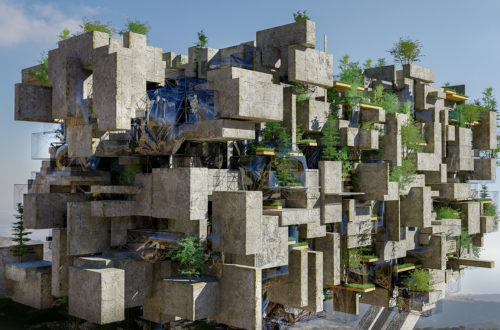Image: ccbbtt by Manolo Gamboa Naon
This morning there was a train drivers strike in Berlin and as a result it took me two hours to get my son to school, instead of the usual 40 minutes. The trains not running meant everyone got into their cars, therefore traffic was completely snarled, the buses and trams were packed and everything backed up and slowed down. I believe that workers, including those providing important functions, should have the right to strike and so I feel some solidarity with the strikers, even though it totally threw off my morning. What it got me thinking of though was how fragile the order of the city is. What a complicated and generally highly functional machine it is. In the morning within a window of a few hours everyone gets up and moves all over the place going to work and school, and then we reverse the process in the evening. What a delicate dance! In Berlin generally speaking the transit system is excellent, one of the best in the world. New York where I’m from also has a generally very good transit system although it’s been neglected and allowed to deteriorate heavily within recent years. For cities, the quality of transit has a huge deal to do with the quality of daily life.
Seeing part of the usual daily order fall out of sync with everything else and experiencing the ensuing chaos put me in a bit of an apocalyptic mindset. We live in a system which is so highly interdependent and complex, if any single part of it truly fails it can really wreak havoc on the rest. Lately I’ve been worrying about the financial markets and the climate. Both are deeply interlinked, with fossil fuels providing energy subsidy that keeps markets afloat, and heavy weather having the potential to inflict catastrophic damage that can disrupt markets. The political struggles in the US to pay for (or completely fail to pay for, in the case of Puerto Rico) the recovery from recent hurricanes is an indicator of this I’ve been watching. The capacity of the US government to bail out regions affected by heavy weather is not endless and we can see in the political fighting about disaster funding a harbinger of political struggles to come. We can also see who will be abandoned when hard decisions must be made by looking at the treatment of Puerto Rico. Poor people of color will be the first to be sacrificed when the government can no longer save everyone.
Recently people on Twitter foolishly mocked Alexandra Ocasio Cortez for suggesting that climate change is a social and racial justice issue. But we need only look at the failure to help Puerto Rico to see a glimpse of how this plays out. Funds were made available for Texas, because it votes Republican and is a source of campaign funds, and the people of Puerto Rico were left to suffer and die. Recently Ocasio Cortez has been one of the loudest voices championing a Green New Deal, a proposal to mobilize the American economy to transition to green energy and respond to climate change. Contrast this approach to that of the previous neoliberal Democratic politicians with their arcane and toothless concepts of ‘cap and trade’ in which a kind of stock market for pollution credits was created. The new generation of leftist politicians, as typified by the fight for a 15 dollar minimum wage, recognize that bold and audacious ideas are both newsworthy and motivating to their constituents. Incremental change is not exciting and doesn’t motivate people to fight. Bold goals do. Seeing a generation of politicans starting to organize around these ideas, like the Green New Deal, gives me reason to hope.





